Tough Choosing Strong Building
Each building has some critical features that its users must have for their comfort, health, even life safety. Even if they are unclear at first glance, they are of great importance in the long term. The correct construction of a building is the most important factor that determines the durability and reliability of the building. According to the, Regulation on Thermal Insulation in Buildings denetim published by the Ministry of Environment and Urbanization, there are some standards that must be observed regarding the thermal insulation in the construction of the buildings, but unfortunately this is not sufficient.
In order for a building to be healthy and sound, it is necessary to provide some conditions other than thermal insulation. Because some defects will remain behind walls, ceilings or floors, it may not be possible to detect them without expert assistance, but you can use the following methods to identify some flaws that can be seen with the naked eye:
Structure:
-
Is the ground where the building sits hard rock, soft soil or sand or stream bed? Keep in mind that the stronger the floor of the building, the stronger the building. In addition, the columns are thicker than the beams, if there are visible cracks, whether the changes in the building are important findings.
Roof:
-
Check the general condition of the roof. Is it new, old or difficult to predict? Are the pipes draining rain water intact? The leakage of the roof will cause the formation of bacteria and molds, it will damage the human health and cause the building to rot. It will be useful to check whether the roof has heat and water insulation.
Leak marks:
-
Water marks, damp odor, perspiration on walls or mold on the roof and window edges give a hint that the waterproofing is not smooth. The exterior facing walls of the building should be checked for thermal insulation.
Basement:
-
In the basement of the building, if there are black spots or thrushes caused by moisture in curtain walls, beams or columns, they are important findings that waterproofing is not sufficient. As the maintenance cost of the buildings where the waterproofing is not sufficient, if the maintenance is not done enough, the water leakage will decrease the resistance of the concrete and the strength of the iron and the earthquake resistance will decrease.
Energy Consumption:
-
Thermal insulation, buildings in winter to warm up in summer to save energy consumed to cool. If it is a new housing, you can consult with the seller for insulation. If the building is old, the best indicator is a fuel bill from the building or apartment. The height of the invoice indicates no insulation.
Electrical Installation:
-
It is useful to check if there are no visible or problematic electrical components.
Plumbing:
-
Do unusual sounds are heard in the building? Is there any visible dripping tap or leaking pipe?
Exterior Wall:
-
Does the house soon seem to need repair or painting?
Windows:
-
Check whether the windows are single or double-glazed. Using double glazing on windows reduces heat losses by 50%. It is the gap between two glazing which increases the insulation in double glazing units. Double glazing has a large spacing gap (12 or 16 mm) and filling the argon gas instead of air into the space between the two glasses increases the thermal insulation. In addition, it is necessary to check whether there are heat and sun cover in the windows, the brand of the authorized manufacturer in the lathes, the air and water leakage in the windows, the stability of the gasket and hinges.
Heating and Cooling Installation:
-
The lack of heating and cooling system reduces the comfort of the user during the time of the building, as well as heating in winter, causing extra costs for cooling in summer. For this reason, the radiators must be open. The heating system pipes, which pass through the building and outside the unheated installation spaces, must also have heat insulation. It should also be kept in mind that the installation insulation prevents corrosion due to condensation (condensation) of the pipes forming the line except for energy losses and gains.
Fire security:
-
Fire is one of the biggest disasters that can happen to a building. For this reason, it should be checked whether the eler Fire Protection Regulation Bu is complied with in the general building, whether there is a fire escape and the flammability of the building materials used.
Noise Level:
-
High noise in the building where you live may be a major cause of disturbance. For this reason, it is important to check how much noise is in the windows when the windows are closed, how much noise is heard in the neighboring apartments, how much noise is heard from the engine room, and whether the building has Sound insulation.
Environment / Terrain:
-
How is the building positioned in a land? The soundness of the ground, the slope, should be evaluated according to the environment of the pit. And how is the sewerage situation far enough away from the building?
Earthquake Hazard:
-
92% of our country is unfortunately located in the earthquake zone. Therefore, it is of great importance to investigate the earthquake resistance of the buildings to be lived. For this reason, it should be investigated whether the building is a project, if it is constructed according to the project, who is prepared by the project and whether it is being inspected or not. In addition, the building must be in compliance with the earthquake regulation, use permit and license must be available. The type of material used in the building, compliance with standards, whether or not waterproofing are other considerations.


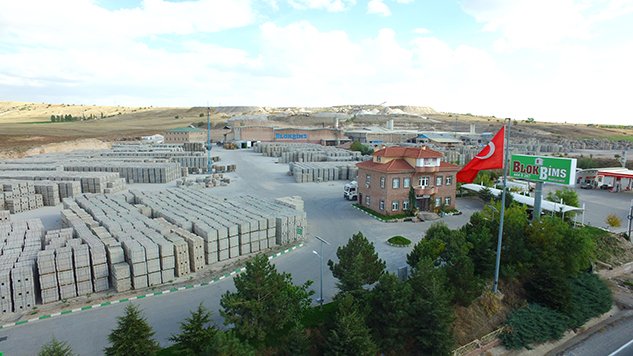
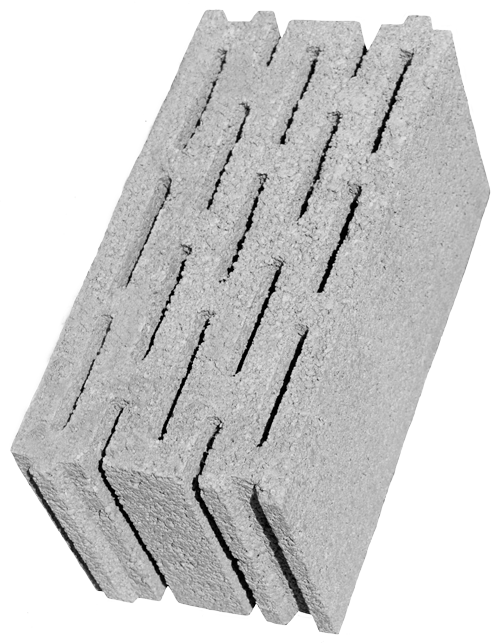
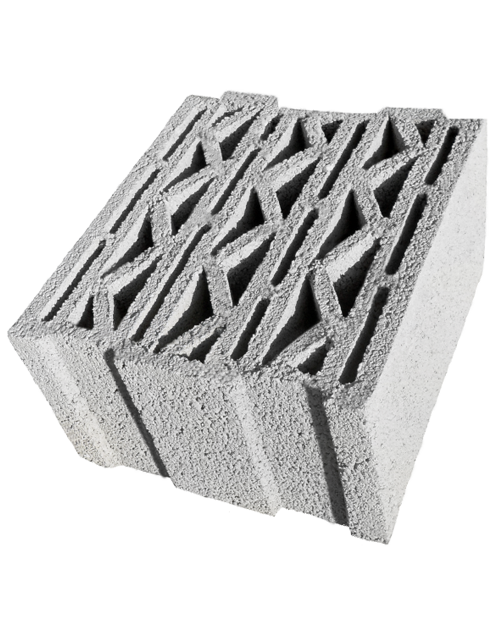
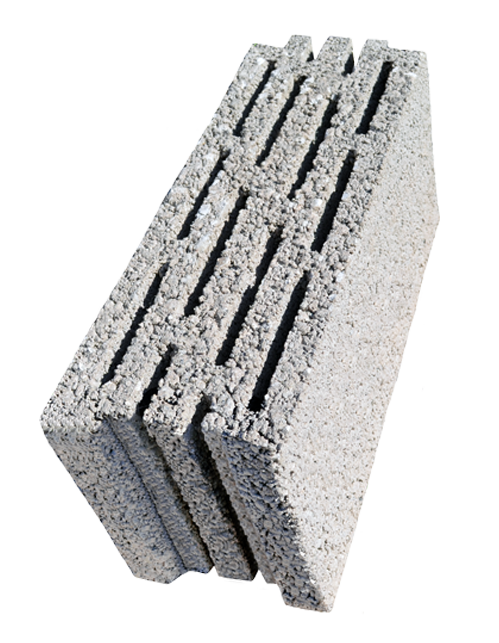
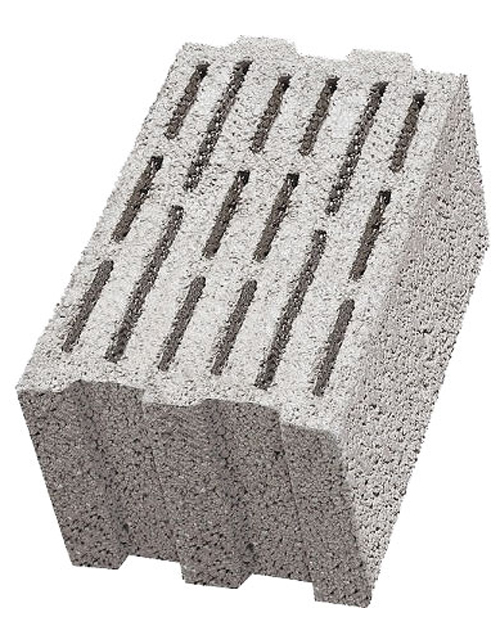
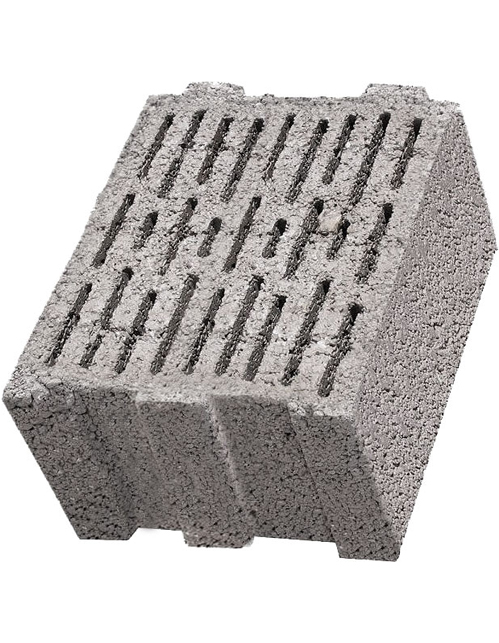
 organization. All rights reserved.
organization. All rights reserved.